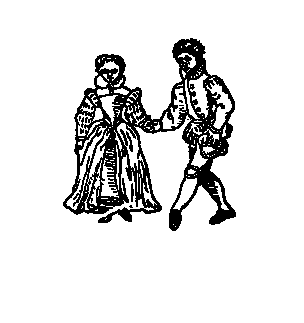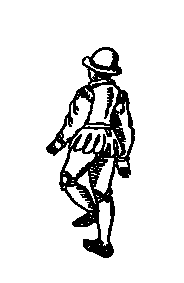 |
| Part 2 | World of Things |
 |
To improve the design and increase the supply of things
adapted to man's use and enjoyment is the most important
object of life. This object is pursued with a fervor and
a sense of dedication which in other societies and at
other times have been devoted to the search for holiness
and wisdom, or to warfare.
Any device or regulation which interferes, or can be
conceived as interfering, with this supply of more and
better things is resisted with unreasoning horror, as the
religious resist blasphemy, or the warlike pacifism.
|
|
This is the picture which accounts for the quasi-religious overtone given
to the phrase "private enterprise".
It is this which gave meaning and
warmth to the slogans of the expansive twenties.
"The business of America is business".
"What is good for business is good for America"
|
 |
The recent development of treating the worker as part of
the machine has already been discussed. As a thing the
worker is as amenable to efficient exploitation as any
other raw material, and a number of scientific and
pragmatic techniques have been developed for this. And
the more recent developments of industrial psychology
have been successful in utilizing the workers' emotional
life in the interests of greater productivity.
Fellow producers, competitors and rivals, could seldom be
treated as things. They had to be treated as human beings
and therefore as equals. Between equals the normal
relationship should be one of competition-friendly
competition, ideally, but anyhow competition.
|
|
And this competition is envisaged as one in which another man's gain is,
inevitably, your loss; it is not envisaged, as it might have been, and as
competition has been envisaged in other societies, as a situation in which
everybody can win or even one in which the number of places at the top is
indefinite, so that another person's success may be a spur rather than a
challenge. If another person does better than you, you are humiliated, in
so far as you accept the competition.
"Never give a sucker an even break"
is the folk-saying which identifies and justifies such conduct.
|
[ 1 ]
[ 2 ]
[ 3 ]
[ 4 ]
|
|
THE AMERICAN PEOPLE,
a study in national character, by Geoffrey Gorer,
W.W.Norton & Company, NY
Copyright © 1948 and 1964
|
|
 |